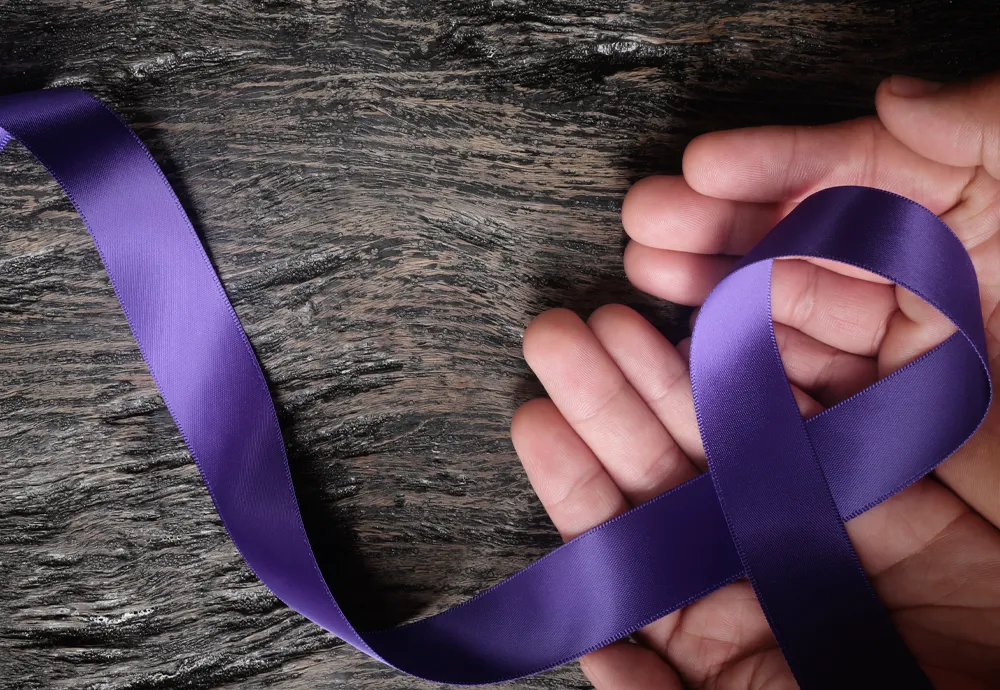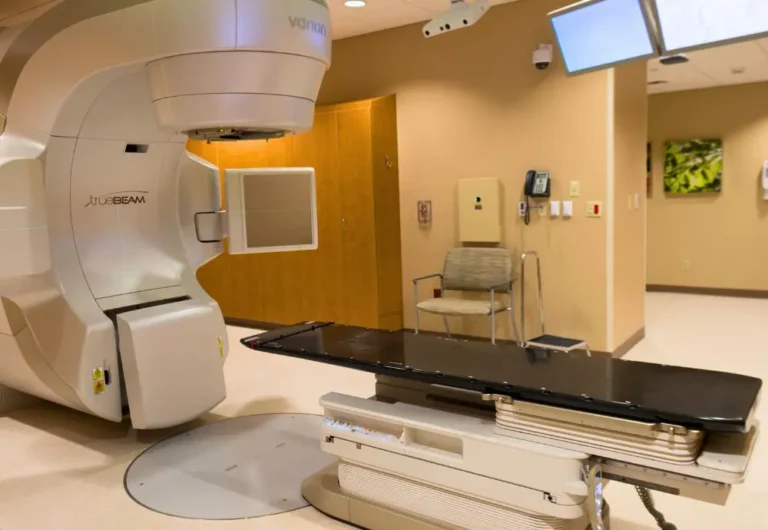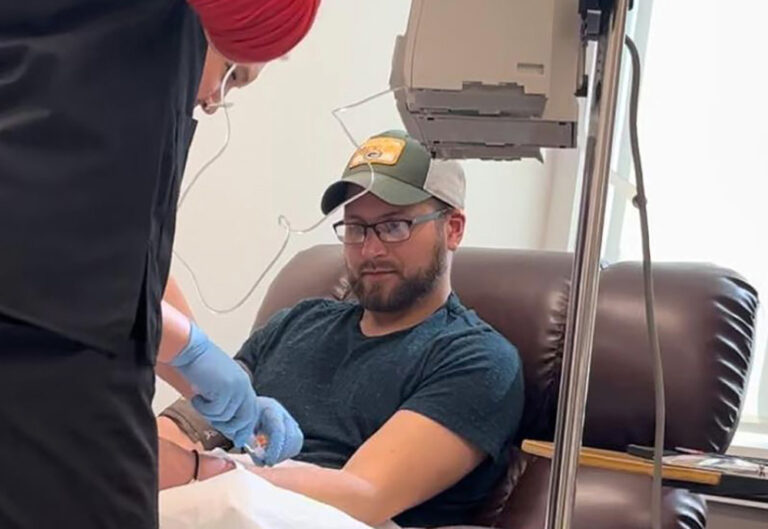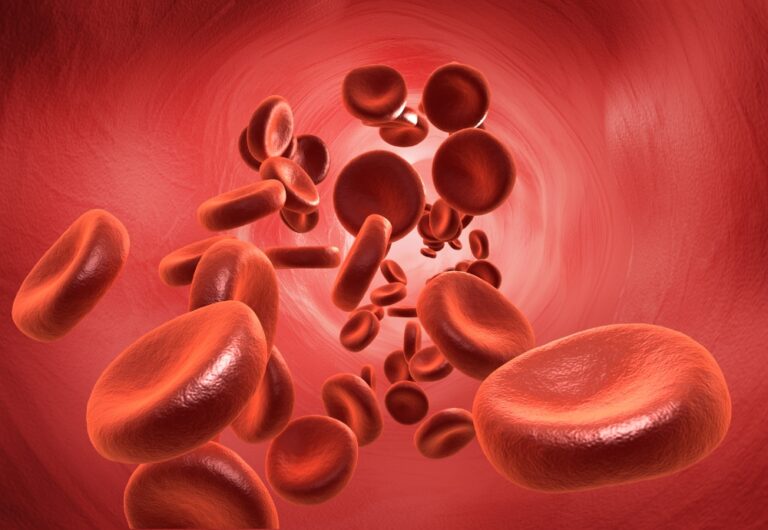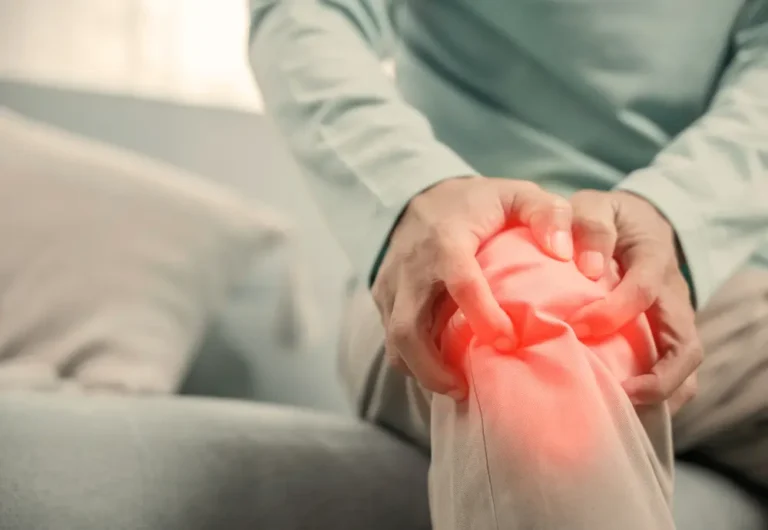You know those safety demonstrations at the beginning of a flight, where they go through the plane’s safety features?
Remember what they always say about the oxygen masks?
“If you’re with someone that needs assistance, always put on your own mask first.”
You’re thinking that’s selfish maybe, but it’s critical advice – and not just for airline passengers.
US Engineer Destin Sandlin simulated the experience of losing cabin pressure in-flight, and found out how little time it takes to become mentally incapacitated. Within two minutes of trying to breathe in low-pressure, Sandlin could no longer identify basic shapes or perform simple tasks. He couldn’t have put on his or anyone else’s mask if he’d wanted to.
How long do you think you’d have between realizing the pressure was dropping and fumbling your mask on? It’s probably less than two minutes, even if you’re moving efficiently and thinking clearly, and by the time you notice the symptoms it’ll be too late. If you put yours on first you’ll have all the time you need for theirs, and you’ll save two people; but try to take care of them before yourself and you’ll both be lost.
There’s an important lesson there for caregivers. Our internal caregiver resists the advice to “care for yourself first” because it seems selfish. We frantically try to help those around us, neglecting ourselves until we’re incapacitated before we realize it.
How long do you think you’ll have before becoming so exhausted you can’t take care of yourself OR your loved one? Maybe you won’t notice it until you lose your balance and break a leg, or fall asleep behind the wheel, or develop a sudden pneumonia and wind up in the hospital.
Caregivers wear many hats and must often learn new skills, which is stressful and increases our need for rest. Skimp on rest in that situation, and you’re set up for depression and deteriorating physical wellbeing – leading to what is known as Caregiver Burnout.
What is Caregiver Burnout?
According to WebMD, Caregiver Burnout is the state of physical, emotional, and mental exhaustion that can occur when caregivers don’t get the time to care for themselves. Signs of Caregiver Burnout can include: fatigue, stress, change in sleep patterns, getting sick more often, and withdrawal from friends and family.
Thankfully, having a solid self-care foundation can prevent this from happening.
What is Self-Care and how do I do this?
Simply put, self-care is budgeting time to make sure your own needs are met, in four critical areas: physical, emotional, social and spiritual.
Examples:
- Physical Self-Care: exercise, taking walks, trying yoga, following-up with your primary care provider, hiking, meeting with a nutritionist
- Emotional Self-Care: journaling, joining a support group, finding a mentorship program, practicing mindfulness, counseling
- Social Self-Care: going to the movies, volunteering in your community, joining a club, spending time with your friends, taking a mini-vacation
Spiritual Self-Care: reaching out to the faith community, meditating, spending time alone with yourself and reflect on life goals and accomplishments, spending time in nature and enjoying a sunset, reading spiritual literature
If you take care of yourself first you’ll have the strength and energy to care for your loved one. But if you neglect yourself in favor of your loved one, you’ll both be lost.
So remember to put on your own mask first.
Sources:
https://www.huffingtonpost.com/refinery29.com/why-youre-instructed-to-p_b_11201778.html
https://www.webmd.com/women/caregiver-recognizing-burnout#1
https://www.merriam-webster.com/medical/self-care

